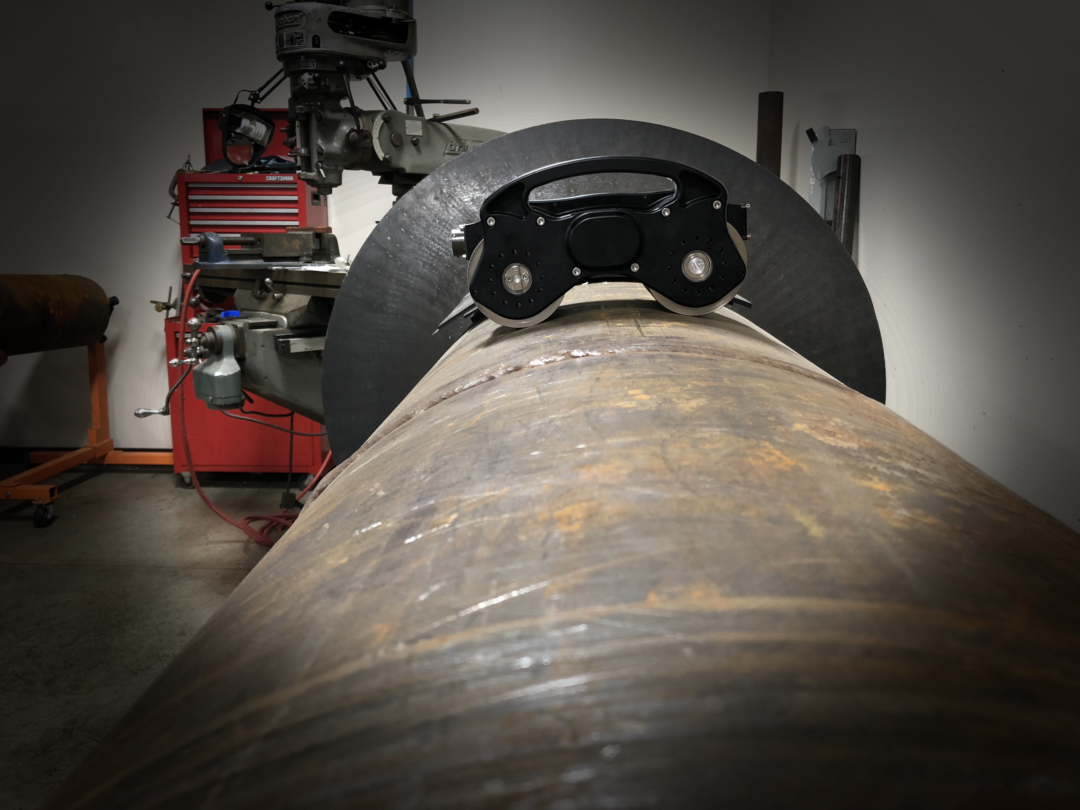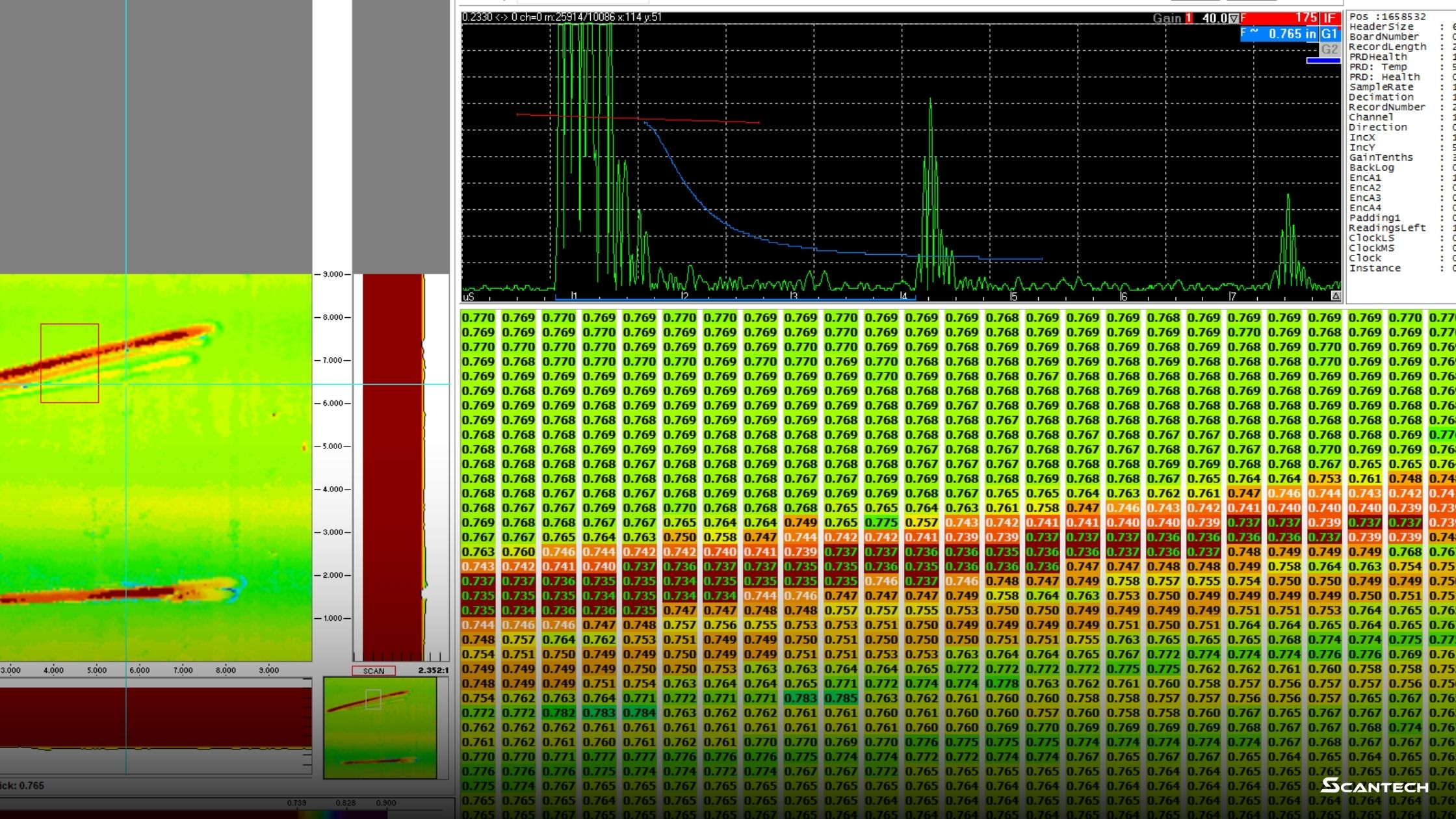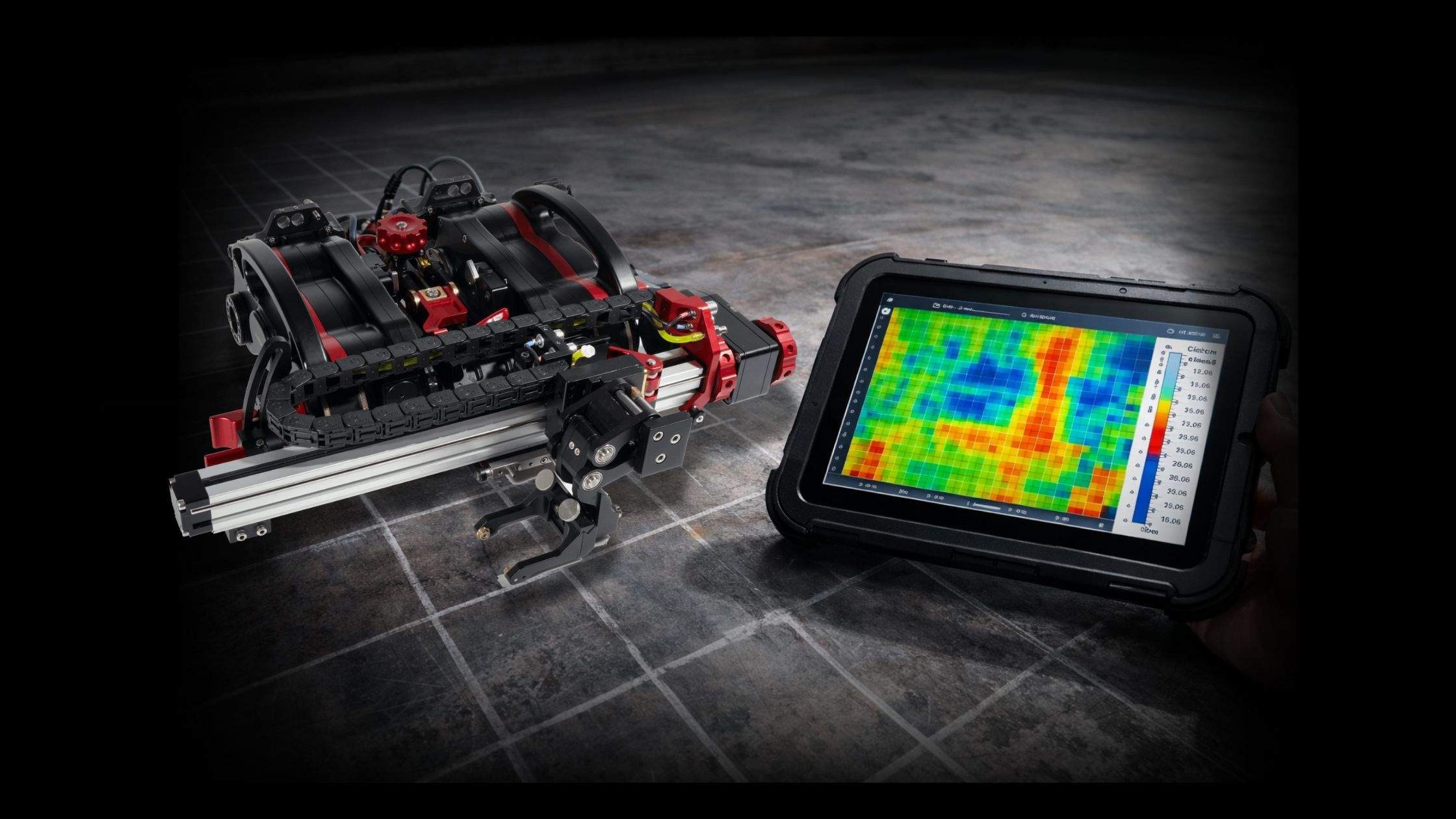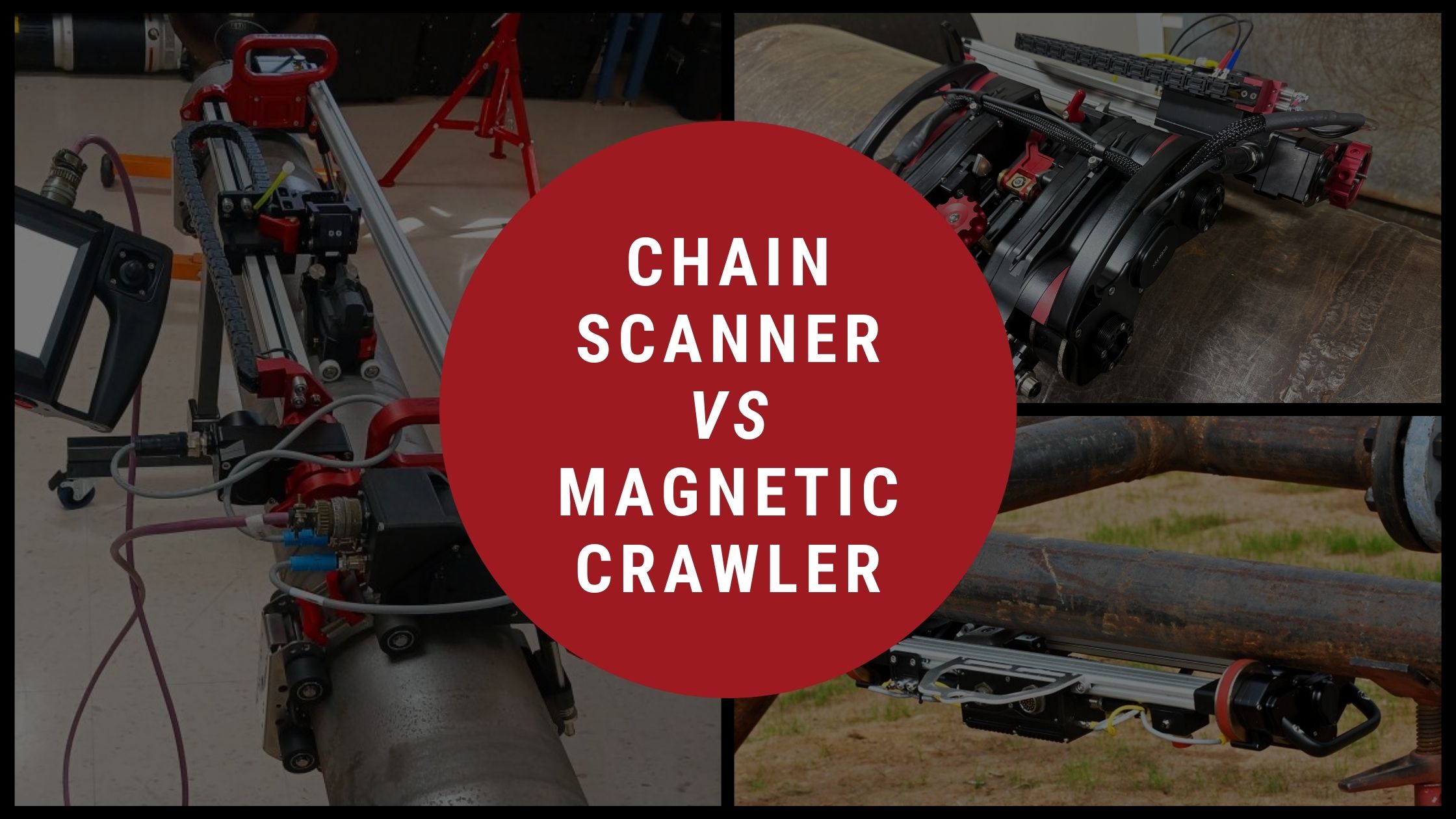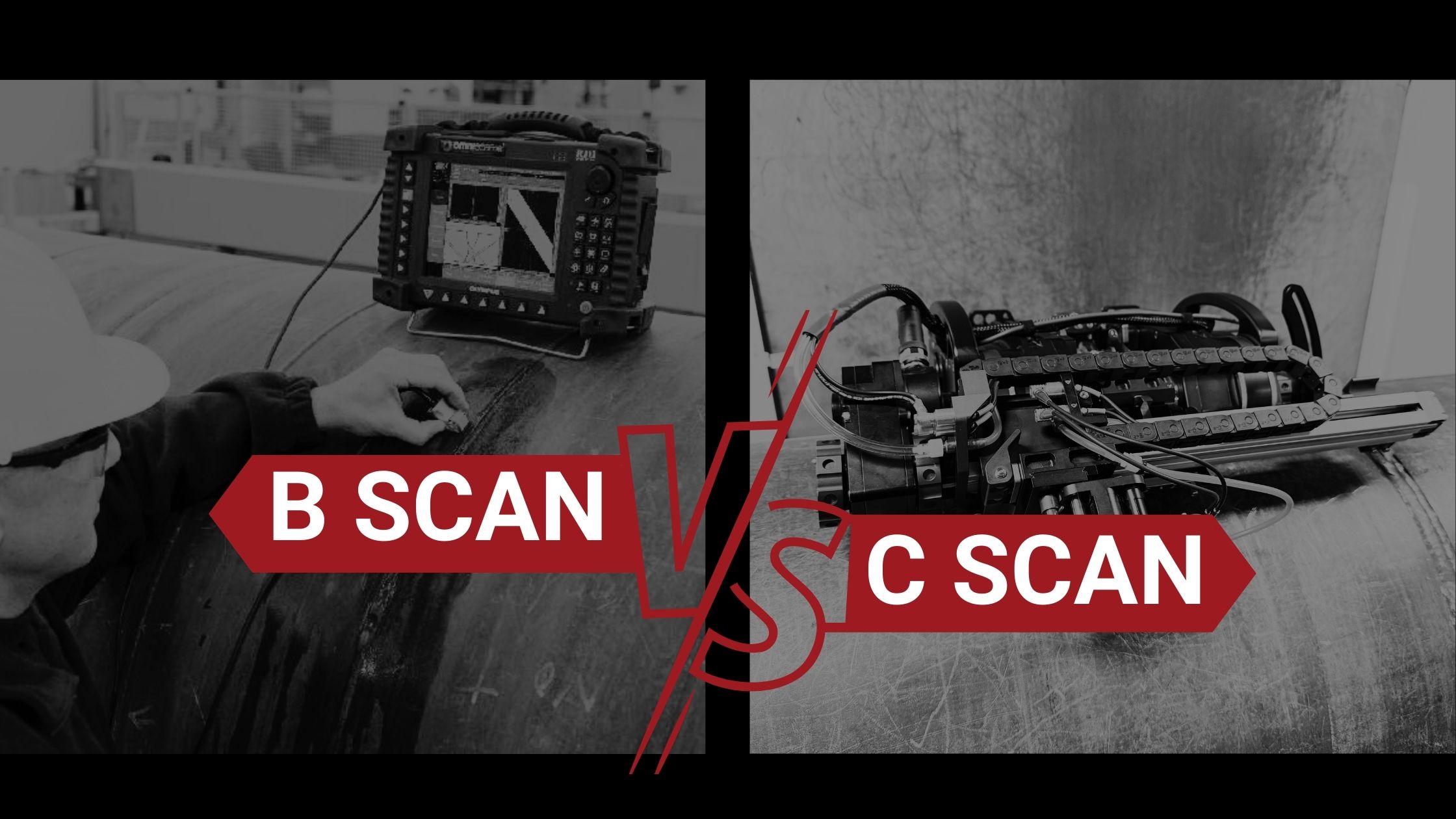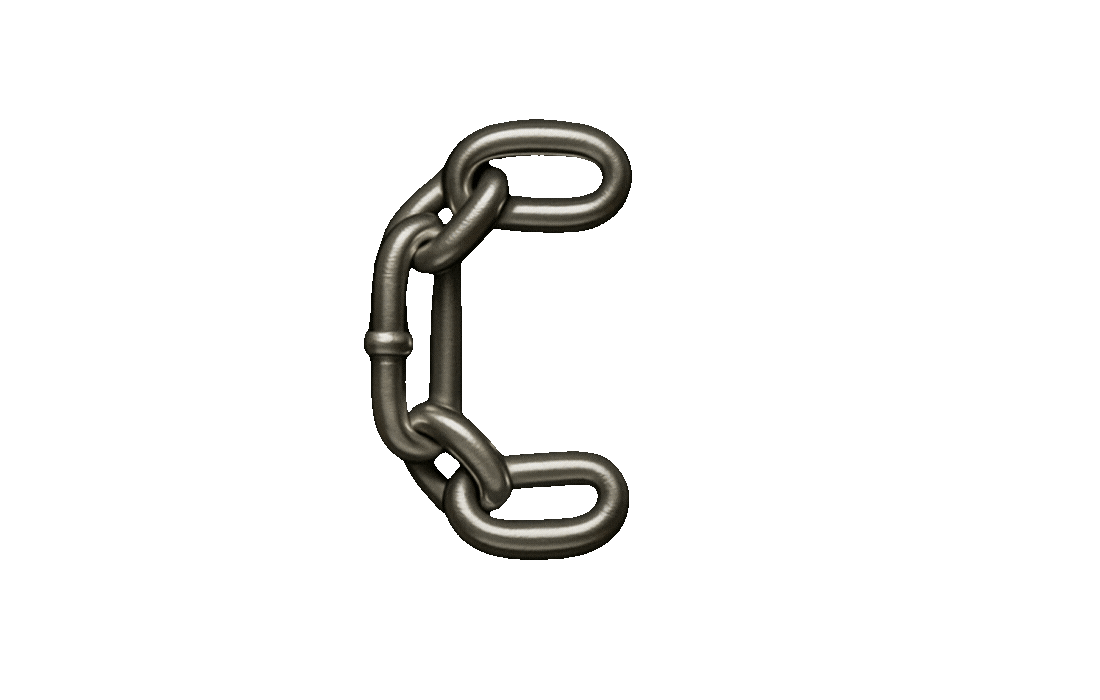Table of Contents
Non-destructive testing (NDT) scanners have transformed industrial inspections by enabling precise, efficient, and comprehensive data collection without causing damage to the equipment being tested. These ndt scanners are crucial for enhancing safety, reliability, and efficiency in industries such as oil and gas, power generation, and aerospace. However, what exactly makes NDT scanners indispensable, and how do they improve inspection processes?
What Are NDT Scanners?
NDT scanners are advanced devices that automate the inspection process using technologies like ultrasound. By mounting and guiding probes along a surface, these scanners help operators detect flaws, measure thickness, and map corrosion in components such as pipes, tanks, or welds. For instance, you can use an NDT scanner to ensure consistent probe positioning, which ensures more reliable data and repeatable results.
Key Benefits of Using NDT Scanners
To understand the growing reliance on these tools, consider the following advantages:
Precision and Accuracy: Scanners rely on encoded axes to precisely map an area, thereby reducing human error and delivering consistent inspection results. For instance, ScanTech’s latest innovations handle challenging geometries using unique configurations that adjust for surface variations while maintaining accuracy. An NDT scanner from ScanTech can significantly improve inspection outcomes.
Versatility: NDT scanners support a wide range of applications, including weld inspection, corrosion mapping, and thickness measurement. In addition, ScanTech Instruments offers modular and motorized scanner systems that adapt to diverse inspection needs—whether it’s inspecting a small pipe or conducting a large-scale tank scan. Using an NDT scanner can meet various industrial requirements efficiently.
Improved Safety: Automated scanners minimize the need for personnel to be present in hazardous locations during inspections. By enabling remote operation, these scanners reduce the risks associated with accessing confined or elevated spaces, making the NDT scanner a safer option.
Popular Types of NDT Scanners
Weld Inspection Scanners: These scanners are essential for inspecting welds commonly found in pipelines, pressure vessels, and storage tanks. Notably, they ensure full weld coverage by using phased array ultrasonic testing (PAUT) to detect defects within the weld volume. Using an NDT scanner for weld inspections guarantees thorough defect detection.
Corrosion Mapping Scanners: Designed to measure the extent of corrosion in pipes, flat plates, or complex components, these scanners play a critical role in maintaining equipment integrity and preventing leaks or structural failures.
Custom Scanners for Complex Surfaces: ScanTech Instruments offers customizable solutions tailored to different surface types and inspection requirements. Our innovative probe deployment mechanisms provide optimal contact and data quality, even when inspecting irregular surfaces.
Why Choose ScanTech Instruments for Your NDT Needs?
ScanTech Instruments leads the way in robotic non-destructive testing solutions. The company designs and manufactures its scanners in-house in Texas, ensuring every aspect—from hardware to software—meets the rigorous demands of industrial inspections. Whether it’s the modular Radix platform for weld inspection or the versatile Apex for multi-purpose applications, ScanTech delivers systems built for reliability, adaptability, and precision.
Additionally, we back our cutting-edge products with exceptional customer support, in-depth training, and hands-on guidance to help your teams maximize the benefits of our technology. This combination of field-tested equipment and customer-focused service makes ScanTech a trusted partner for industrial NDT applications.
Future of NDT Scanning
The NDT industry is evolving toward greater automation, data-driven insights, and integrated systems. Robotic scanning solutions play a pivotal role in this transition by improving data quality, reducing inspection times, and lowering operational costs. Moreover, ScanTech Instruments continues to innovate by integrating smart sensors, intuitive software, and modular scanner platforms, ensuring our customers are ready to meet the challenges of tomorrow.

